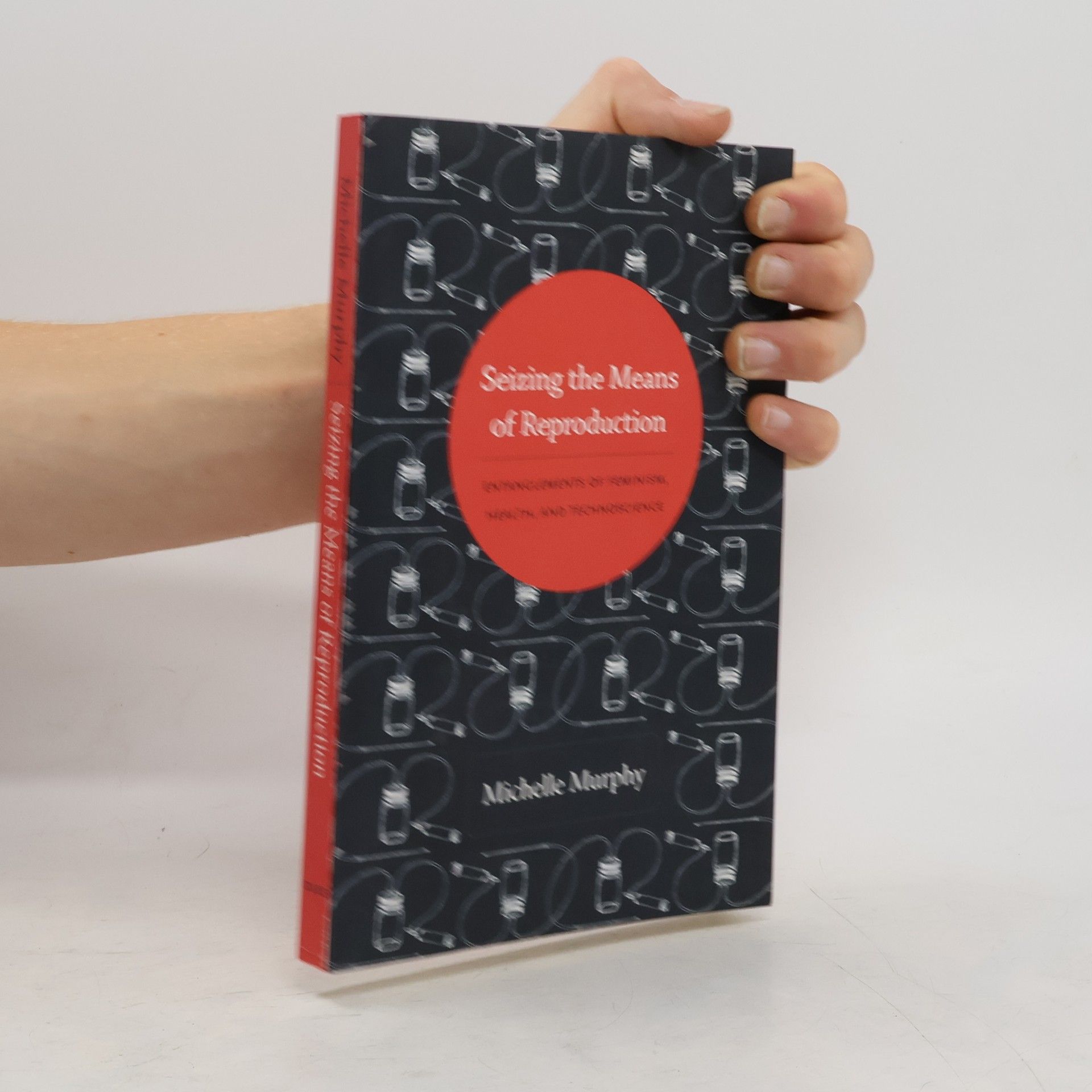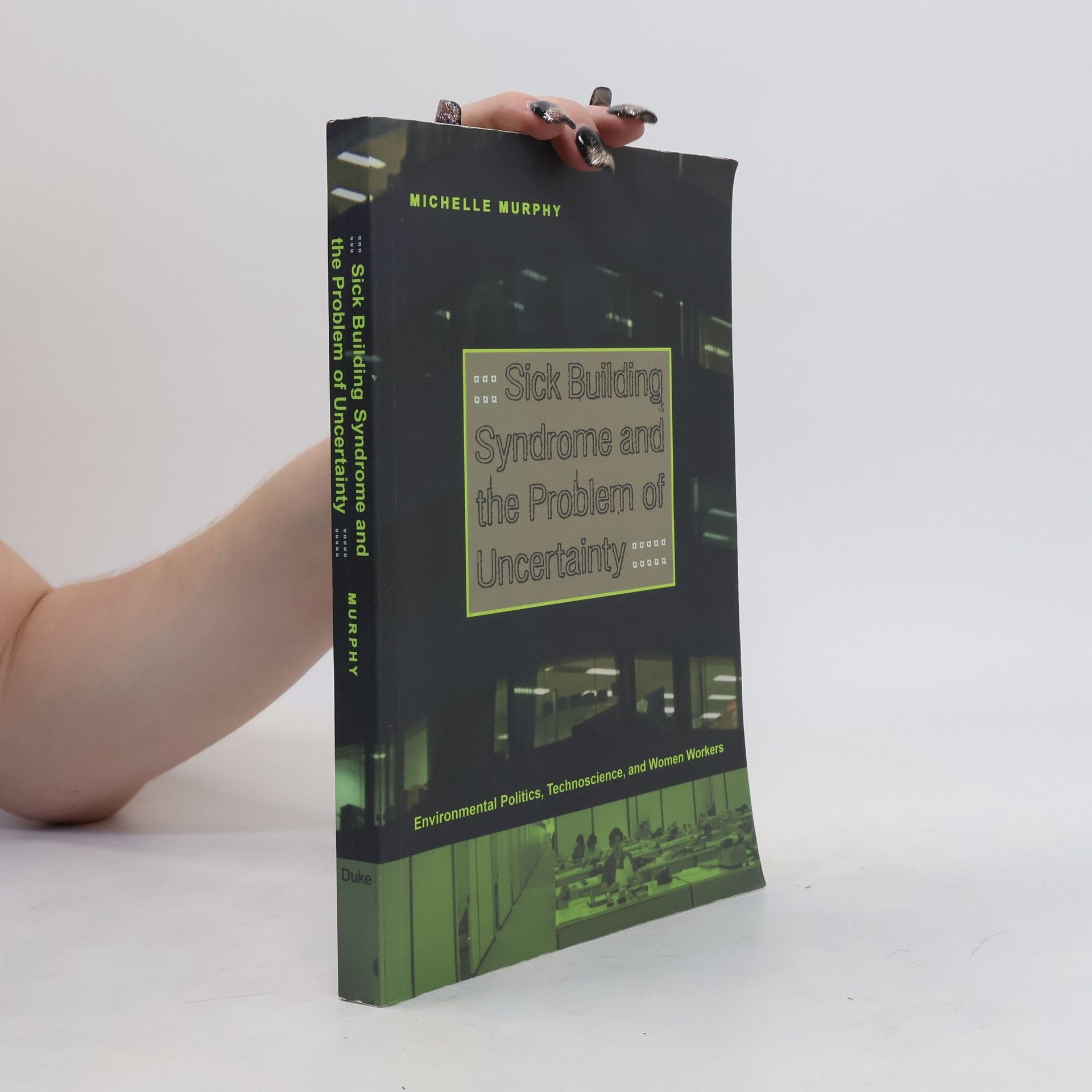Disheveled Histories
- 80 pages
- 3 hours of reading
Exploring themes of family and personal history, Michelle Murphy's poetry captures the complexities of life and loss. With vivid imagery, she intertwines the natural world with human experiences, presenting moments of beauty amidst turmoil. The collection reflects on profound grief, particularly through the lens of her brother's tragic death, suggesting a persistent connection to the past. Celebrated for its emotional depth, the work is described as both beautiful and restorative, offering a defiant sense of eternity in the face of sorrow.


